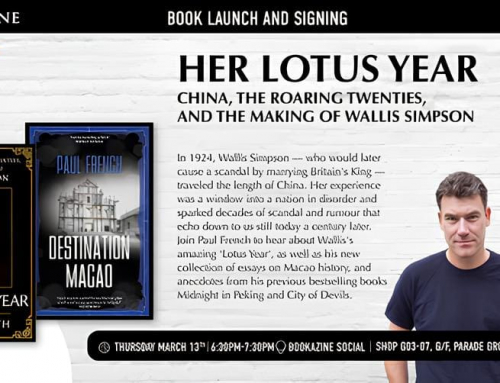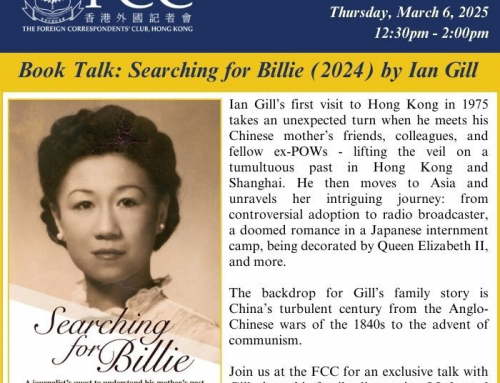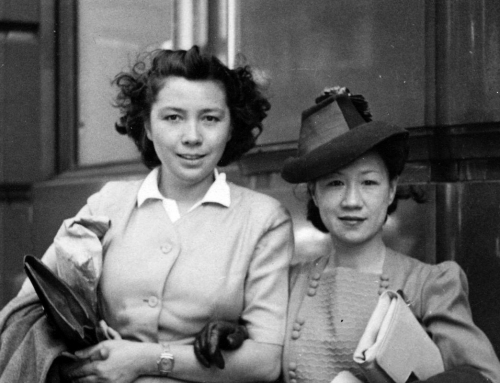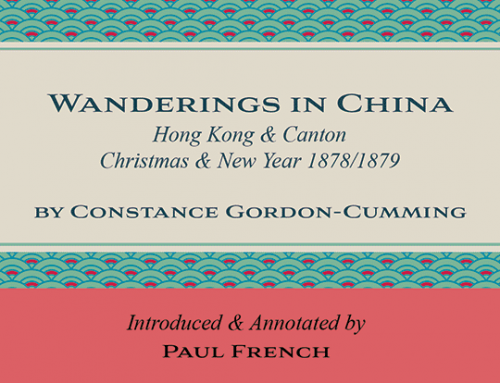 In the run-up to the 2011 Hong Kong Book Fair, which opens this week, Blacksmith Books is featured in a Hong Kong Trader story about publishing in Asia.
In the run-up to the 2011 Hong Kong Book Fair, which opens this week, Blacksmith Books is featured in a Hong Kong Trader story about publishing in Asia.
Hong Kong has always been viewed by the publishing world as a place to print books rather than to have them published. That’s changing due to shifting global focus on Asia. At Blacksmith Books, bestsellers are tales of a not-often seen Hong Kong. Triads and opium dens, decrepit squatter villages, deities and mythological gods fill works of non-fiction.
“It’s the true stories of Hong Kong people that sell like hotcakes,” says Pete Spurrier, Blacksmith’s founder and publisher. And it isn’t just Hong Kong people reading his publications. He breaks even selling to the local market. His profit comes from overseas.
A writer and editor by trade, Mr Spurrier set up Blacksmith in 2004, when three friends had ideas for books and no house to publish them. All three sold out their initial print runs, and despite a brief sales blip during the 2008 financial crisis, some 70 per cent of titles at Blacksmith regularly sell out. About half are sold in Hong Kong and half to the rest of the world, including Southeast Asia, the United Kingdom, the United States and Canada, where titles are available in mainstream chain bookstores.
Mr Spurrier believes content is key. Blacksmith’s list of Asia-centric materials grows alongside global interest in the region. “We are very lucky that China is always in the news across the world,” he says.
Read the full story, involving other local publishers MCCM Creations, ThingsAsian, P3 Publishing and Chameleon Press, here.





Great article!! In these crazy days of publishing, it’s such a relief to hear how well things are in HK! While there seems to be a new book about Beijing out every month, I still think we need many more about HK :)
Thanks Susan. Plenty more books coming…!
To sell books in North America, you either have the subject matter having an appeal beyond H K or the author is known outside Asia. I have been trying to promote Hong Kong literature in North America. Not easy.
Not easy at all, Frankie. I tend to stress “Chinese culture” rather than “Hong Kong” when talking about the theme of our publishing, as it suggests a wider group of interests for possible readers. Thanks for your comment!
There is a big market even if your books are chosen for reading by college students who study Asian culture. Amy Tan’s books belong to that category.
I come to Asia (China, Hong Kong, Singapore and Malaysia about four times a year) and I came originally from Hong Kong. I visit nearly all their higher educational establishments regularly. I notice changes in them. Your publications would meet a good market if the English-speaking level of these educated populations is maintained high.